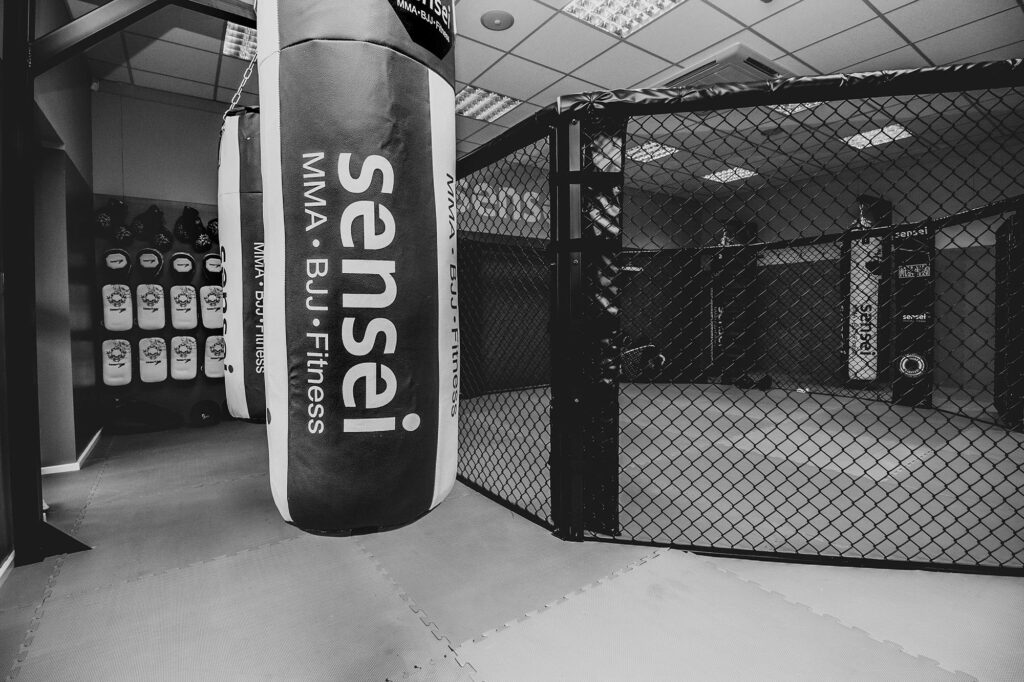The Development of Online Petitions
Petition websites and community platforms have been growing in popularity since 1998‚ when the first known successful online petition influenced the New York Mets to re-sign (an evidently) very popular player to the team.
Since then the concept of using online platforms to host and disseminate petitions has become widely adopted across the globe as a tried and tested method to evidence support and influence policy. Change.org‚ globally one of the most popular platforms‚ has reported as of 2019 over 35‚197 victories in 96 countries.
Online platforms are effective because they create a globally accessible digital home for each cause‚ allowing users to track campaigns‚ interact with fellow signatories and follow on-going updates.
Alongside turning the web into a powerful megaphone‚ these platforms also effectively create a channel for two way dialogue between politicians or companies and the general public.
Concept Development With Uber
Uber has undoubtedly been one of the most disruptive companies of the 21st century‚ having created a peer-to-peer transportation network that connects riders with drivers through its website and mobile apps. It is the company that has defined the sharing-economy and has inspired numerous “uberisations” in other industries.
With an estimated 110 million users worldwide‚ Uber has become a regular and reliable transport method particularly in Urban areas here in the UK. However‚ despite its ease of use and attractive pricing‚ not all have embraced Uber’s presence in their cities. Famously Uber won its appeal to overturn a ban on its London operation‚ after Transport for London revoked its licence in 2017.
Here in York there also has been an on-going battle to get the service accepted in the city. In 2017 City of York Council theoretically banned Uber after councillors rejected the firm’s bid to renew its operating licence.
Connecting Local Feedback with Global Corporations
As regular users of Uber‚ many of our staff felt that the ban didn’t reflect our positive experiences and the increasing demand from York locals who wanted to use the service.
As a team of people who make a living from using technology to solve problems‚ we started to directly engage with the Uber team to talk about whether an online petition platform might be able to connect Uber with passionate York supporters‚ alongside providing a conduit for concerns to be raised by locals and addressed directly by the company.
Our conversations with Uber converged on solving the issue of connecting a range of interested parties – from policy makers and supporters‚ to users and even critics. We felt a single platform would solve this by acting as a canonical source of information for all‚ alongside helping to facilitate an on-going dialogue about how Uber might be re-integrated back into York’s transport portfolio.
We also wanted to give Uber supporters a collective voice in the debate‚ where currently there is little representation from those who recognise that Uber is part of our transport future and should be embraced and engaged with‚ as opposed to banned.

Building a Bespoke Community Feedback Platform
While there are existing platforms which can be used to host petitions‚ such as change.org‚ we felt that a bespoke platform would be better suited for building some of the additional feature sets we felt were necessary to connect Uber with York’s population.
Our concept wireframes were subsequently designed to be custom built using Hatchly‚ our own CMS framework built on top of Laravel PHP. The modular nature of Hatchly also ensures that we have the ability to add additional pages and content as there are no templated restrictions‚ as opposed to third-party platforms which may have word counts or section limits.
There are also advantages to building a dedicated microsite on its own URL‚ as the site can be optimised for SEO and gain organic rankings for related keywords‚ e.g. “Uber York” which makes it discoverable to a wider audience.
When it came to functionality‚ we wanted to showcase a clear call-to-action and platform purpose – “sign the petition”. This appears across the site and is supported by clear statistics and FAQs‚ our main aim was to present all information in an honest‚ easy to digest manner‚ with a clear layout that highlighted key elements.
Alongside the petition‚ we also wanted to build in functionality that would enable users to ask questions directly of Uber‚ who would then be able to respond publicly. This direct connection between company and consumer (or even critic) is an extremely powerful way for brands to proactively address concerns and ensure responses to popular questions are searchable and discoverable for all.
The Outcome
As mentioned above‚ the project was driven by a team who wanted to use their technical skills to solve a local issue. While the platform is yet to be realised‚ we think it makes for an interesting case study on how similar concepts might be used to give global companies a localised platform to address city‚ or region based‚ issues.






